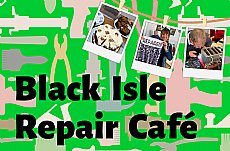
Wild roses near Muir of Ord
Transition Black Isle is part of the worldwide Transition movement, and we see our role as helping Black Isle communities thrive in the face of climate change and disruption to global resources. Our activities include encouraging non-car travel, promoting energy saving measures, running community markets, supporting local food producers as well as helping people to grow more of their own food and to make their own compost.
As a partner in the Highland Community Waste Partnership, TBI is actively working with the community to reduce waste and consumption and increase reuse, repair and recycling.
Read More
Latest Home page feature article
Caroline Lucas: environmental NGOs need to be more radical
The monthly Black Isle Repair Café roams the community spaces of the Black Isle with the aim of making repair and reuse more accessible to residents.
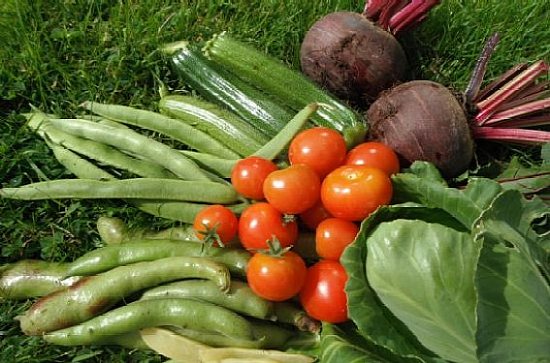 Food and Growing
Food and Growing
TBI has produced a comprehensive Growing Guide (still available) for the north of Scotland, run several series of 'Grow North' workshops on a range of growing topics, and a very popular seed potato sale in early March.
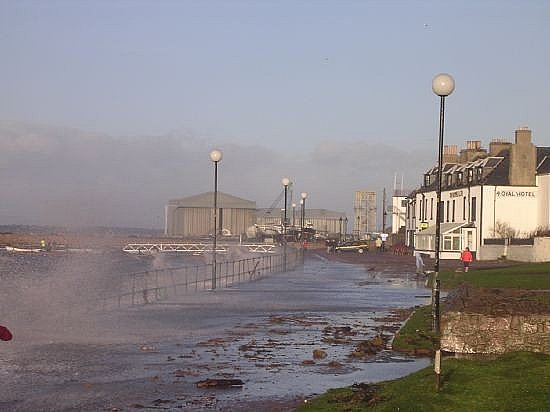 Climate change
Climate change
We provide information about the serious threat posed by climate change and the need to drastically reduce carbon emissions caused by our burning of fossil fuels. We report on governments' climate change plans, on activists' climate protests and on 'Green New Deal' proposals for a more sustainable world.
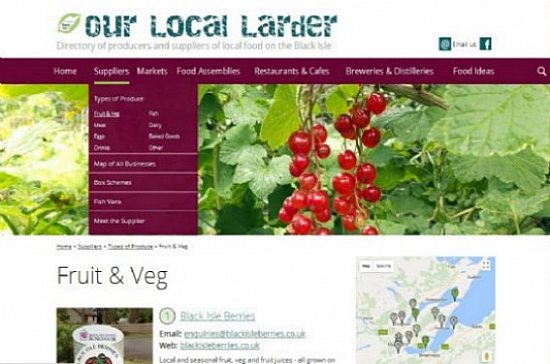 Black Isle Larder
Black Isle Larder
The Black Isle Larder website replaces an earlier 'Your Local Larder' booklet which had become out of date. It provides up to date information both to local people and visitors about Black Isle producers and suppliers offering food and drink largely sourced here.
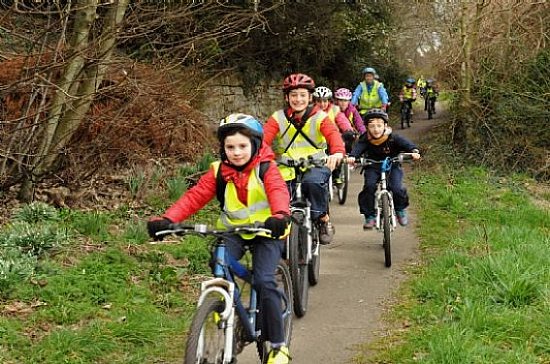 Travel and Tourism
Travel and Tourism
TBI's Million Miles project reduced car use significantly, and we continue to encourage public transport and cycling, with an associated bike hire business and publication of an Active Travel map and guides to Black Isle cycle routes.
 Plastics and waste
Plastics and waste
With pollution from single-use plastics a top cause of environmental concern, a group has been set up within TBI to exchange ideas and information on the issue and ultimately to change the attitudes and actions of people and businesses on the Black Isle.
Caroline Lucas: environmental NGOs need to be more radical

The environmental NGO sector must challenge the economic and political rulebooks or risk colluding in maintaining the status quo, according to outgoing Green Party MP Caroline Lucas.
Catherine Early reports on an address by Caroline Lucas to The Green Alliance.
The Ecologist 13 June 2024 Creative Commons
Latest News...
 TBI open garden Culbokie Sunday 28 July
Sunday 28 July 2.00 - 4.00 Stoneybank, Culbokie IV7 8JH
Martin She... More >>
TBI open garden Culbokie Sunday 28 July
Sunday 28 July 2.00 - 4.00 Stoneybank, Culbokie IV7 8JH
Martin She... More >> Julian's new article on Black Isle paths
Julian Paren has written a new article on Core Paths of the Black Isle for the Geograph website, to which he r... More >>
Julian's new article on Black Isle paths
Julian Paren has written a new article on Core Paths of the Black Isle for the Geograph website, to which he r... More >>Forthcoming Events…
- Saturday 27 July
- 10:00 North Kessock Community market
- Sunday 28 July
- 14:00 TBI open garden Martin and Penny Culbokie
- Saturday 10 August
- 14:00 Black Isle Horticultural Society Summer Show 2024
- NA Cromarty Community Market
- Saturday 17 August
- NA Culbokie Community Market
- Monday 19 August
- NA Festival of Politics 2024 - to 23 August
- Saturday 24 August
- 10:00 North Kessock Community market
- Wednesday 28 August
- 14:00 H&I Hub - Insight into Environmental Standards Scotland
Events to add to calendar? Contact Us.
TBI Business Directory
Add Your Business
Do you run a sustainable business on or near the Black Isle? Add it to the TBI business directory
Browse Directory
- Accommodation (3)
- Crafts (10)
- Health and fitness (8)
- Home improvements (17)
- Local food suppliers (18)
- Miscellaneous (35)
- Renewable energy (18)

